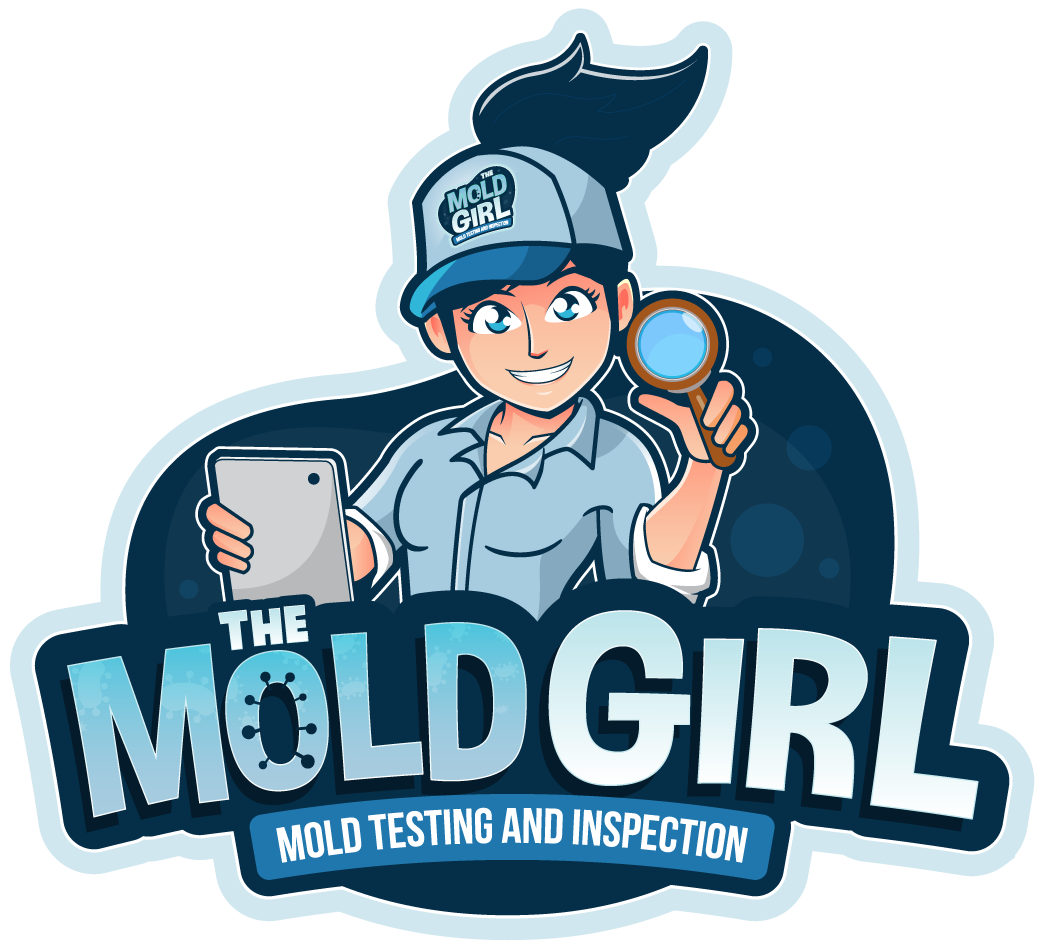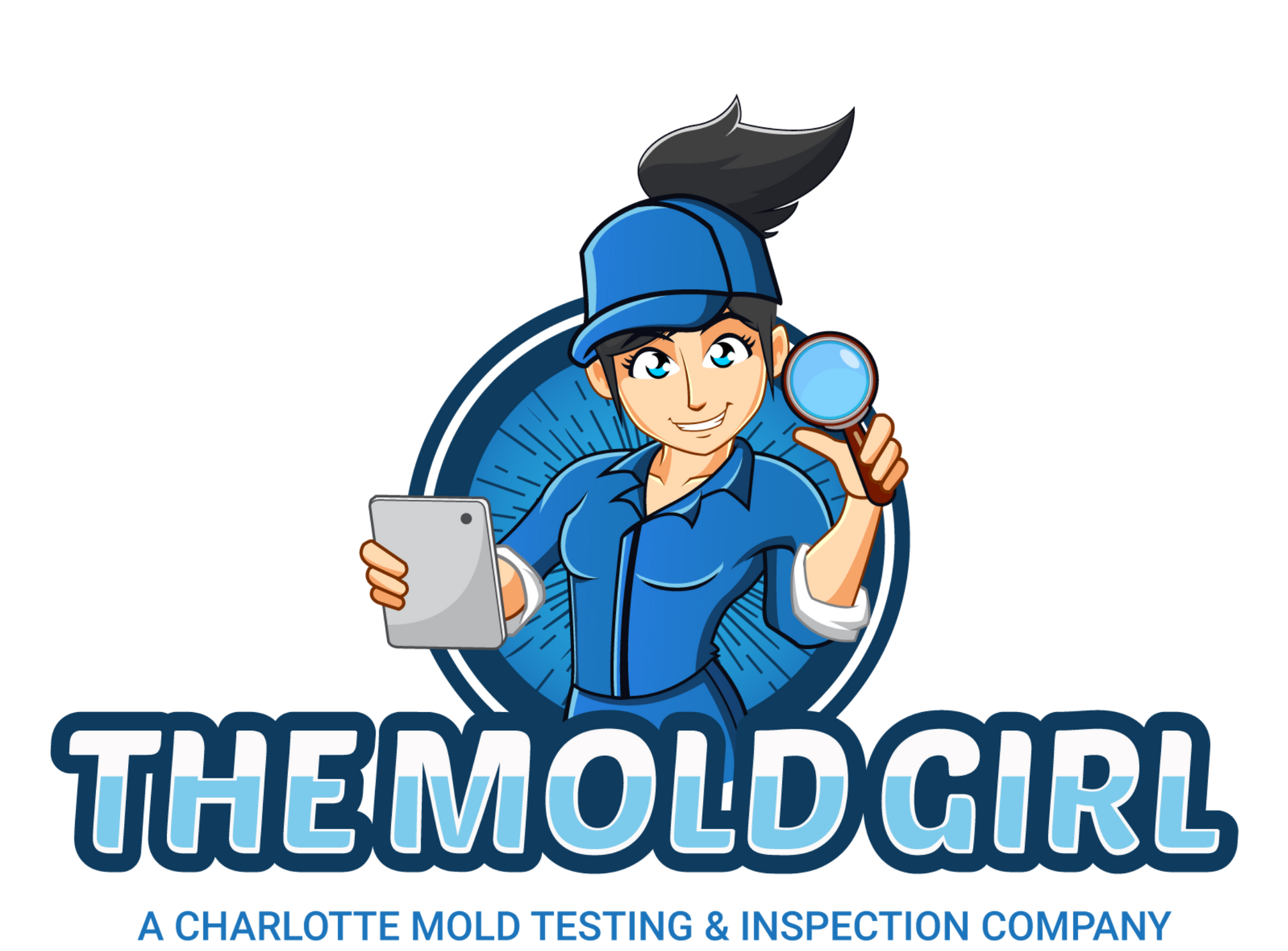ALLERGIC FUNGAL SINUSITIS
What Is Allergic Fungal Sinusitis and How Does It Affect You?
Allergic fungal sinusitis (AFS) is a type of sinusitis that is caused by a fungal infection in the nasal passages. Pathogenic fungi are common in the environment and can cause an allergic reaction, resulting in thick fungal debris, sticky mucus, and sinus blockage. Pathogenic fungi are present in all environments and can cause an allergic reaction.
Is it possible to get sinusitis caused by an allergic fungal infection?
Fungal sinusitis is characterized by a reduced sense of smell or an unpleasant odor in the nose, among other symptoms.
- Fever.
- An infection of the nasal passages and sinuses (swelling).
- Congestion in the nose and a runny nose are common symptoms.
- Pain, discomfort, and pressure are all experienced in the sinus area. It is possible that your cheeks or forehead could pain when you touch them.
- Sinus pressure and discomfort.
How does a person become afflicted with fungal sinusitis?
If you breathe in fungal organisms and allow them to colonize in your nasal airways and paranasal sinuses, you will experience inflammation. Fungi thrive in the dark, moist environment of the sinuses, where they can reproduce in the lack of light or nourishment.
Is allergic fungal sinusitis recognized as a medical problem?
An Allergic Fungal Sinusitis (AFS) is a benign, non-invasive sinusitis that has histopathologic characteristics with allergic bronchopulmonary aspergillosis. Allergic Fungal Sinusitis (AFS) is a recently found type of benign, non-invasive sinusitis. AFS is a condition that is rather uncommon.
How can I get my sinuses back after suffering from allergic fungal sinusitis?
Allergy-induced fungal sinusitis (AFS) is treated by removing the inciting antigenic material, which is accomplished through complete surgical removal of allergic mucin and debris, while also attempting to alleviate the underlying inflammatory process through the use of a limited systemic and topical steroid regimen.
What is the prevalence of allergic fungal sinusitis in the general population?
Allergic fungal sinusitis is a very rare type of sinus infection that can be extremely difficult to treat and control because of its allergic nature.
What is the procedure for diagnosing fungal sinusitis?
It is possible to detect fungal sinusitis by looking for allergic mucin (a collection of mucoproteins seen in secretions and tissue). A sample of mucus is sent to a laboratory for examination for the presence of fungus.
It is possible to identify fungal sinusitis using a CT scan, but how accurate is it?
An axial unenhanced CT scan of the left maxillary sinus depicts the typical hyperattenuating fungal ball with calcific foci, which is consistent with the diagnosis (long arrow). Consider the sclerotic thickening of the sinus osseous walls (short arrows) as a result of the prolonged sinus inflammation that has resulted in this case.
Is a fungal infection of the sinuses contagious?
The vast majority of sinus infections are brought on by virus infection. If this is the case, you can share the virus that caused the infection, but not the infection itself, because the virus is contagious. It is possible for another person to become sick, but that person may or may not have a sinus infection.
Mold growth in the sinuses is a possibility, but it is rare.
The linings of the nasal and sinus cavities dramatically enlarge. Mold can grow and accumulate within the sinuses as a result of this obstruction of the sinuses' outflow passages. In the majority of cases, the pooling of sinus secretions leads in a bacterial infection that spreads throughout the body.
What is a sinus fungus ball, and how does it work?
Fungus balls are a noninvasive aggregation of thick fungal concrements found in sinus cavities, most commonly the maxillary sinus, that do not require surgery to remove. When discussing this organism, avoid the use of ambiguous or deceptive language such as mycetoma, aspergilloma, or aspergillosis to avoid confusion.
Contact The Mold Girl of Charlotte Today!
The Mold Girl of Charlotte will do everything we can to ensure your experience with us is excellent.
Request A FREE Estimate

